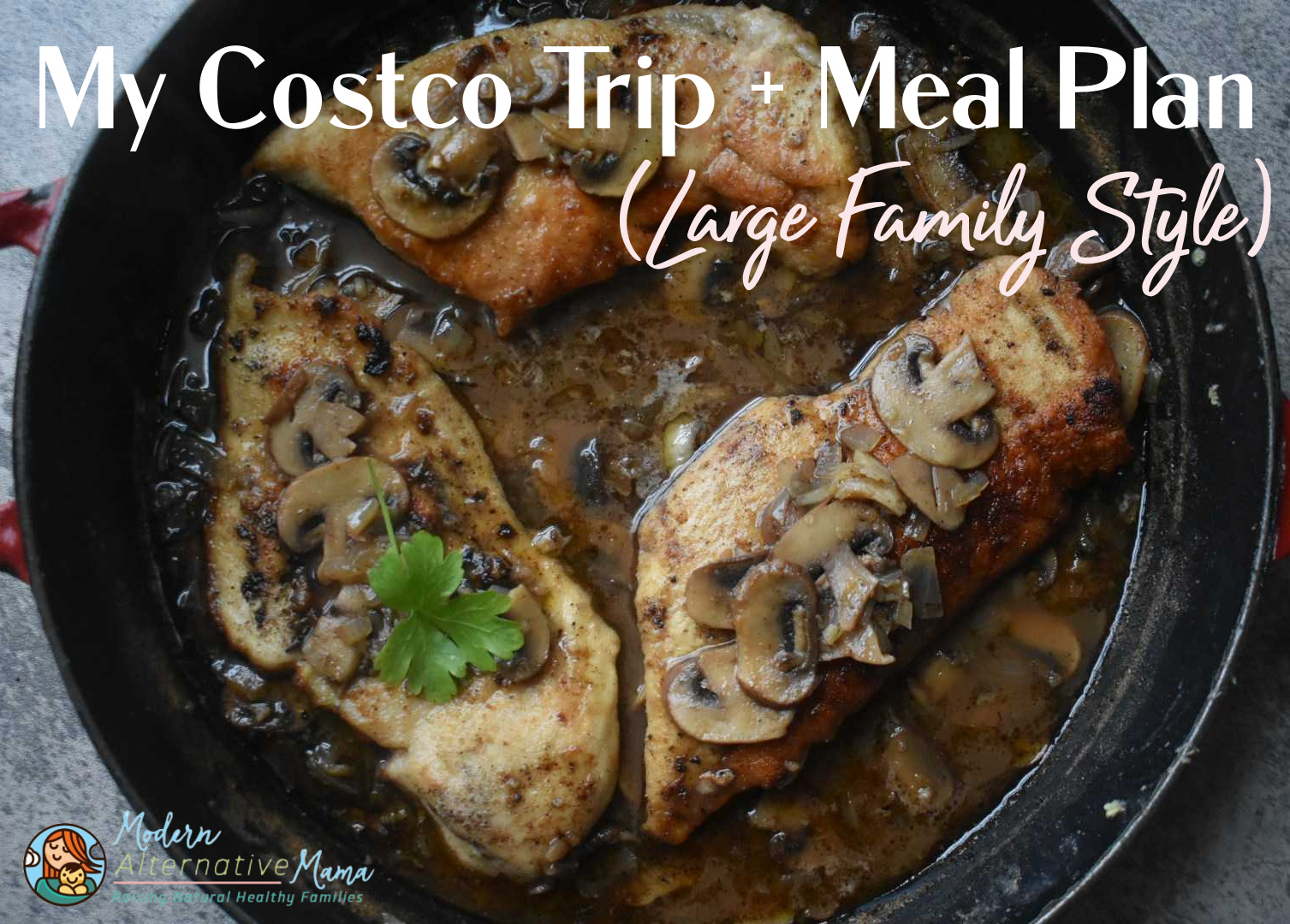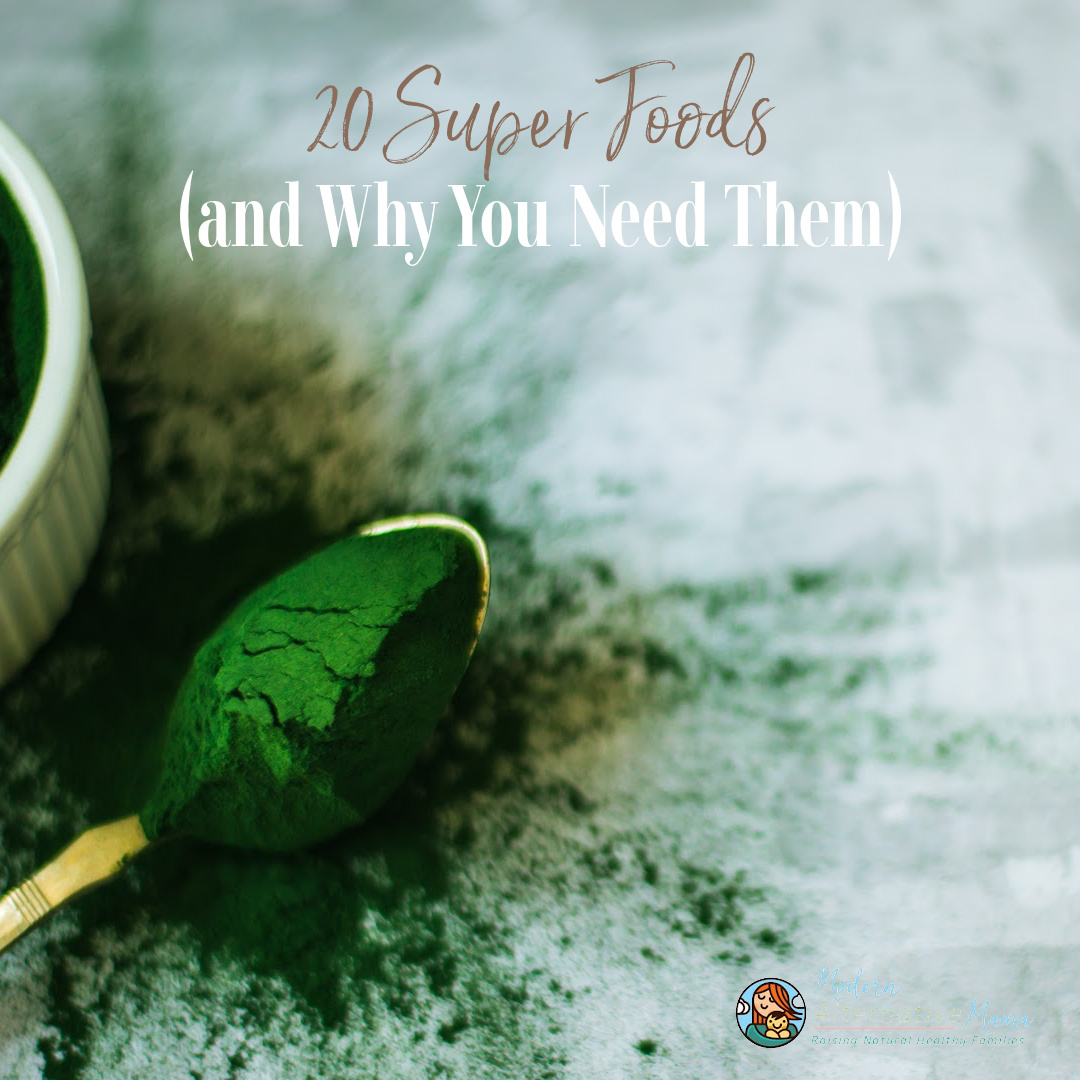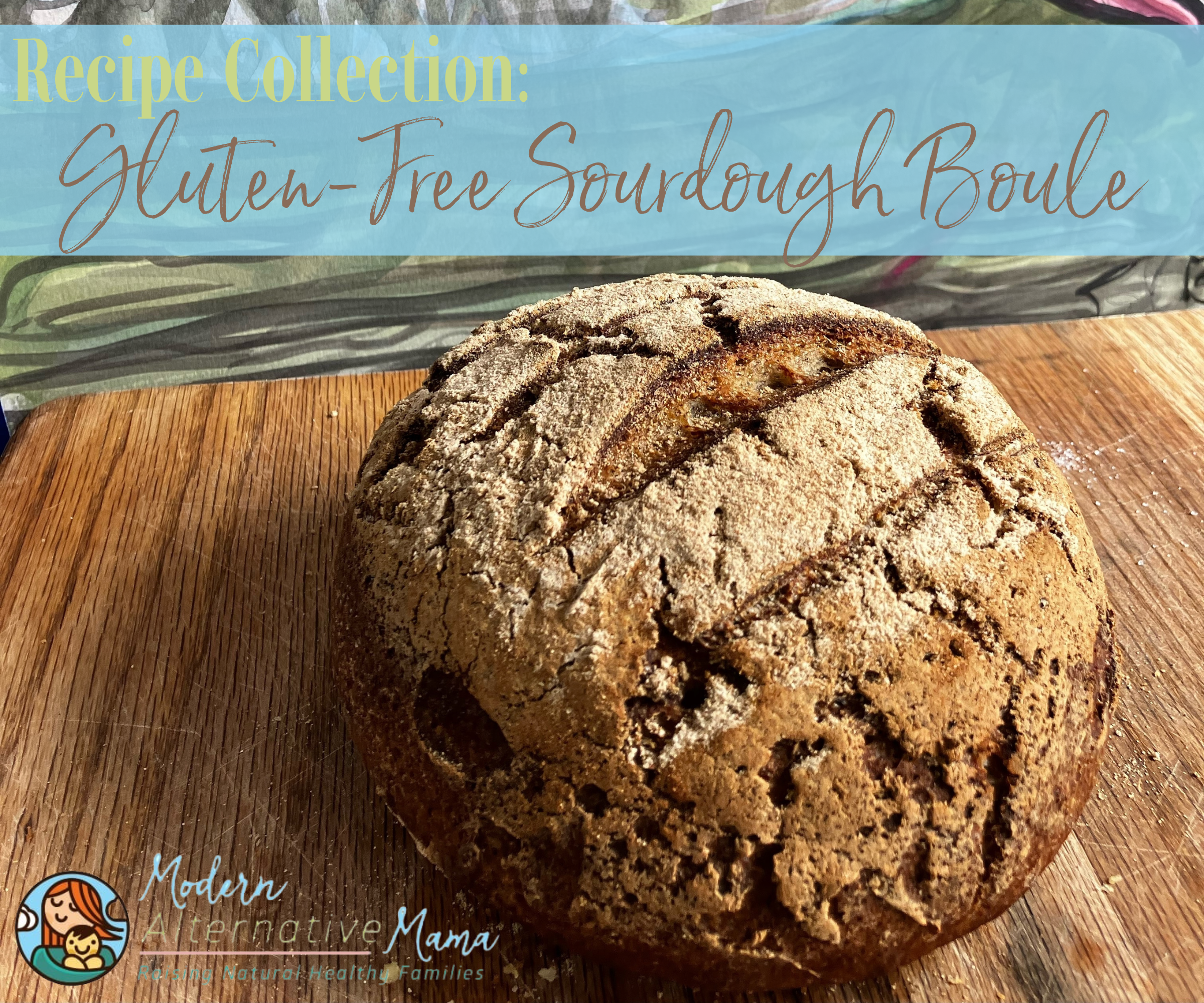Image by illustir
After last week’s post on husbands and real food, it’s time for part II! Last week was the introduction and “call to action,” if you will, so read it if you haven’t. This week’s post is going to address some of the concerns that men tend to have when it comes to eating real food.
Are you ready? Here’s Ben!
Real Food for Men
Last weekend I talked about being open minded and being willing to research real food and natural health. For this post I’d like to tackle another of the other main concerns most men have.
What Is This Going to Cost and Is It Worth It?
If your husband is anything like me, cost is a very large concern. Since most processed food isn’t actually food, and it is subsidized by the government, it is very inexpensive. Eating almost anything that is healthy will end up costing more; perhaps a lot more depending on your diet and area of the country. I remember having weekly discussions with Kate about how much all this organic food was costing. I felt that there was no reason that our food budget should have to change. “Just buy healthier stuff for the same money,” I’d say.
It doesn’t really work like that though. There has to be a trade off. For example, a brand new GM car might cost $20,000. If you wanted a higher quality, new BMW, you would be very hard pressed to find one for $20,000. Most likely, you wouldn’t, and if you did there would be something wrong with it.
However, there is a compromise to be had. You can buy a BMW for $20,000, just not a new one. A car that is perhaps 3-4 years old with a reasonable number of miles on it can be found for $20,000. This isn’t a perfect analogy; obviously you can’t buy used food. There is a truth to it though. You can buy organic, quality food for the same price as cheap food, if you are willing to do more planning and be smarter about what you buy.
Point 1: Don’t expect that higher quality items will cost the same as cheap, highly processed food.
For Kate and I, we buy our food in bulk, or at the right times of the year to control costs. For example organic ground beef can cost $3-$6 a pound, compared to the “cheap stuff” at Wal-Mart (around $2/lb.). Setting aside the huge differences in taste and quality, those kind of costs increases can destroy a budget. Kate and I buy our beef a quarter or half cow at a time. Not only does this significantly lower the per pound cost (usually 25-50%), but it gives us all the steak, roast, ribs, and other more expense cuts for a very cheap price as well. If you calculate out the value of all the cuts, you can bring your costs down much closer to the lower prices you were paying before (if not less).
To handle the budgeting, we saved up a few hundred dollars over a couple of months to do the initial bulk buy. At that point we had 3 months worth of beef in the freezer. We took $25 or so out of our weekly food budget, and at the end of 3 months we had $300 to buy another quarter cow. The specific process you use isn’t important; this is merely to illustrate it is possible to get your meat prices (we do this for pigs and cows – the chickens we buy whole instead of precut) down to reasonable cost.
For our fruits and vegetables, we use a combination of gardening and canning. We buy our fruit (e.g. apples, peaches, and pears) as well as vegetables (e.g. tomatoes, peppers) at the peak of the season to get incredible prices on them. During the winter, organic and regular produce alike become much more expensive; which is to be expected since most of the continent is cold. During the winter, fresh pears cost $2-3/lb, while canned cost $2 for 24oz. We are currently canning pears for $.35/lb, or about $1 for 32oz; this is a savings of 83% at least on fresh and 67% on canned. We anticipate having over 2,000 pounds of food either frozen or canned by the end of the season (late fall). This will save us thousands and thousands of dollars over comparable products during the coming winter and spring.
Point 2: You can purchase higher quality items, but it will cost you either more time or more money. Your choice.
I understand that this seems like a lot of work, and it is, but you have to decide what is important to you. Let me put it to you this way. If you had $1,000 to invest, and you could invest it in savings bonds, in stocks, or play roulette, which would you choose?
Obviously the savings bonds are the most secure, so the potential gain is very low 2-3%, but it is pretty much guaranteed to increase in value.
The stocks, could be negative 20% or positive 30%; there is no way to be sure. Every ten-year period in the stock market’s history have made money (e.g. ten years after the 1928 crash and the Great Depression, the stock market had gained value from the pre-crash point). The long term history of the stock market has averaged 7-10% or so. The stocks have more potential increase, but they do have a decent chance of losing value, at least for periods of time, while you hold that investment. They are riskier, so the return is greater.
Lastly, roulette. If you were to bet on black or red, you’d have a 48% chance of doubling your money and a 52% of losing everything. This “investment” has a fantastic return right? I’d recommended you take your entire life savings out of the bank, stock market, etc… and put it all down on black! That doesn’t seem wise, you say. Why is that? Because of risk. While the amount you could gain is high, you are more likely to walk away with nothing; compared to the other two investments were you are very likely to see gains and not lose your investment (assuming you invest long term).
What is my point here? You can’t compare regular food to organic food as apples to apples; otherwise organic food makes no sense. Why pay for something that is twice as much? Highly processed food, corn fed meat, sterilized dairy products (pasteurization), and fruits/vegetables with pounds of fertilizer and pesticides on them are like playing at the roulette table. You’re getting really cheap food, but there is also a high likelihood that you are destroying your physical health and causing long term problems.
Organic foods, pastured (grass-fed) meat, and raw dairy products are extremely nutrient-dense and healing to your body. Many people we know, including my mother (incurable according to the doctors for 20 years) have cured serious illnesses just by eating high quality food. Even if we had to pay 10 times as much for organic food, I would make that decision in a heartbeat. I am not willing to risk my family’s health just to save a few bucks in the short term. Not only that, but when you eat healthier, you feel better, you’re more productive (e.g. you get promotions at work), happier (sugar and grains in your diet can cause depression), and have a general higher quality of life. I believe that financially speaking, paying more for food leads to financial gain in the long run; it is a quality investment in yourself.
Point 3: You can’t make investment decisions without factoring in for risk, and you can’t make decisions about your food budget without factoring in your current and future health.
When we first started down this real food path, I was adamantly against spending more money (for the record I am very cheap – I’m a technology expert with a 6 year old cell phone). The more I learned however, the more I realized that it would be unwise not to make these changes, and with a little work, it could be cost neutral as well. I’d encourage you and your spouse to seriously consider all of the impact these decision will have on you. Good luck!
Note from Kate: Organic food does not have to be more expensive! Certain items simply are about the same price, like apples, carrots, onions, and other common foods. Focusing on these foods can keep costs down. It is a myth that organic food always costs “twice as much.” You also have to think about how much you are saving by not buying expensive junk food. See an old post of mine comparing real food and SAD to see just how affordable eating organically is!






Thanks for this series. Any suggestions for dealing with picky eaters?! My hubby won't eat onions (occasionally a leek or two, but no onions), and cooked bell peppers make him sick. He grudgingly eats fish, but I can't get ANYTHING fermented near his mouth. No sauerkraut, no pickles, only flavored kombucha (which I haven't learned how to make yet, so its too expensive to consume regularly) and GOD FORBID there be shellfish or organ meats of any kind. Oh, and getting away from grains has been incredibly difficult. He never feels full if there isn't a grain or potato.
He's been a good sport, but almost any time there's an opportunity to cheat (drink a soda at a party, eat a donut in the work break room, gobble down a piece of "unapproved" dessert) he'll do it.
I'm ready to take our diet to the next level with ferments and organ meats, but he isn't. I can't justify spending grocery money on things only I will eat.
Any advice?
Amanda,
I have a few suggestions for you:
1) If he is willing to at least try things, then don't give up. Keep trying until you find something that he likes. I'll give you an example. I hate liver; always have. A few months ago Kate made tacos and put a little liver in it. I noticed that it tasted slightly different, like it wasn't spiced quite right, but otherwise it was fine. She had found a way to prepare something I really needed to eat, in a way that didn't bother me. With fish, keep trying different kinds of fish, and different dishes, until you find something he likes.
2) You've got to figure Kombucha out! If it's something he likes, making it at home is super cheap (about $.25 per bottle instead of over $3 for most brands. Checkout some of Kate's tutorials https://modernalternativemama.com/2010/10/2/kombucha-brewing-tips-and-hints) You can also put fermented foods, like yogurt or water kefir, into smoothies. That is how we get our daughter to eat it. Having him take Green Pastures Fermented Cod Liver Oil (which we take daily) is another good option.
3) In regards to temptations, I must admit I am terrible about that stuff as well. The way I combat it is by packing cookies or snacks to take to work. If a coworker brings in a treat, I can just eat what I brought. Overtime, if he starts resisting it, it will become easier to say no. For almost a year after we cut back on pop, I would always have it when we ate out, or when to a friends house (probably 2-3 times a month). Now I never have it; it's been 6+ months since I had any. I promise it will get easier, but only if he at least partially resists that urge.
Good luck!